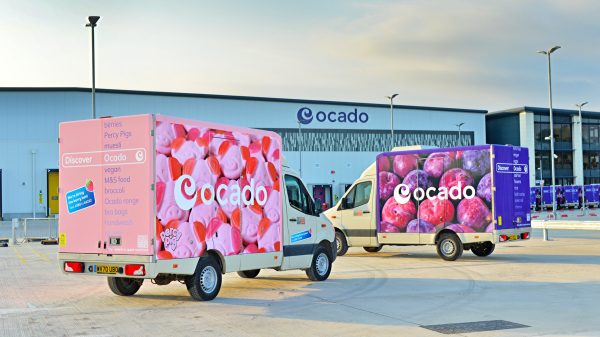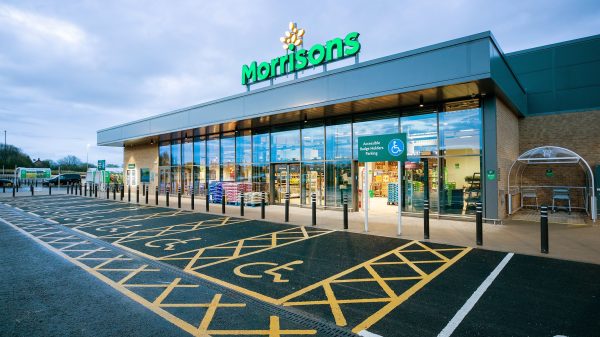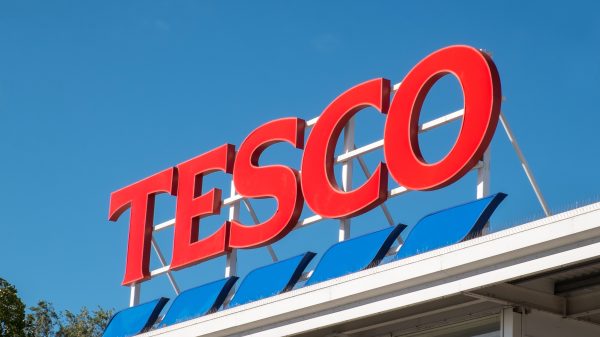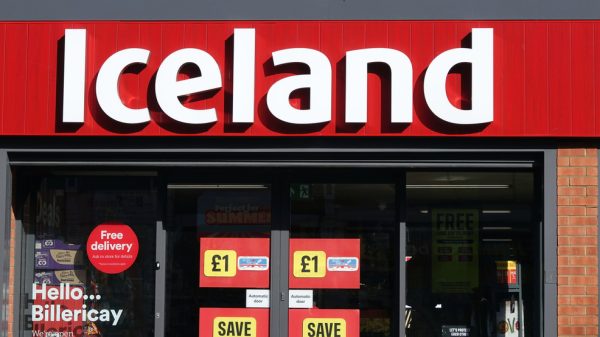The rising cost of food and drink has been sitting at the top of everyone’s agenda over the past year, as the cost of production continues to rise, forcing prices higher on the supermarket shelves.
the farming sector has taken a hit over recent months, with supply chain issues and extreme weather conditions leading to crop shortages.
But while much of the conversation has been focused on retailers and consumers, there has been an increasing recognition that the UK farming industry is also struggling. Empty shelves and rationed products are a direct result of farmers facing unprecedented challenges as they receive little-to-no profit for much of their fresh produce.
It’s a bitter pill to swallow, particularly when retailers are keeping a tight reign on rising costs, with some selling fresh produce to consumers at less than the cost of production. Despite this, many supermarkets have reported record takings in their most recent set of results.
Nationwide shortages of eggs, turkeys and even vegetables have forced supermarkets to ration supplies for customers while farmers have been struggling to meet ongoing cost challenges. As a result, the National Farmer’s Union (NFU) has been calling for urgent action.
Without a steady food supply, the NFU said that the government was risking more empty shelves in supermarkets later in the year. Amid these soaring energy and production costs, skyrocketing inflation and an ongoing cost-of-living crisis, suppliers are finding it increasingly difficult to carry on providing for the British public at the moment, at least without government or supermarket intervention.
Fortunately, retailers recognise that by helping farmers where possible they will be able to go someway towards keeping the supply chain running as smoothly as possible.
“We are having constructive dialogue with all the retailers to ensure that they understand the unprecedented challenges farmers and growers continue to face due to soaring energy costs, cost inflation and workforce shortages,” NFU President Minette Batters said.
She added: “Retailers have an important role to play in helping the industry through this crisis, working with suppliers to continually evolve contracts so they are fit for purpose.
“Producers must have the confidence they need, working within a fair and transparent supply chain, ensuring fair returns, so they can do what they do best; meeting demand from shoppers for quality, affordable home-grown food.”
With that in mind, here are five way retailers are currently helping UK farmers throughout the cost-of-living crisis as they look to ease the burden on the supply chain.
Subscribe to Grocery Gazette for free
Sign up here to get the latest grocery and food news each morning
Tesco: sustainable fertiliser
Recently, Tesco teamed up with five of its largest field vegetable suppliers to launch the UK’s biggest ever commercial roll-out of low-carbon fertiliser. The UK’s largest retailer said the roll out will help boost the UK’s food security, while also cutting down greenhouse gas emissions in the supply chain.
As a result, eight fertiliser alternatives will be used across 1,300 hectares in the 2023 growing season, with plans to increase to at least of 4,000 hectares next year across suppliers. The move is also expected to reduce greenhouse gas emissions by up to 20% in the first year, at no extra cost to farmers.
According to Tesco, the first year will produce up to 70,000 tonnes of fresh produce, growing to 200,000 tonnes in 2024.
“Fertilisers are a large source of emissions in farming, but high prices and uncertainty have made it hard for farmers to take advantage of low-carbon alternatives,” Tesco group quality director Sarah Bradbury said.
“We hope that by working with our suppliers, our learnings from this roll-out of low carbon fertilisers can prove their potential to cut emissions and demonstrate what it would take to scale up production in the UK.
“It’s vital we keep costs manageable for farmers facing the most challenging market conditions in a generation and help our customers to eat in a way that’s good for planet and pocket.”
Aldi: helping to open the gate
Aldi has teamed up with the Prince’s Countryside Fund (PCF) to support and encourage the introduction of new farmers to the UK agriculture industry.
A new initiative from the farming charity – Opening the Gate – will explore some of the barriers facing new entrants and young people entering the farming sector as getting started can “often be a challenge for new entrants”.
According to the Office for National Statistics (ONS), the average age of UK farmers is 60, with just 3% under 35.
A survey from the National Federation of Young Farmers’ Clubs also revealed that more than 70% of respondents thought it would be difficult or impossible for new entrants to enter the farming industry, with barriers to the industry including land, money and connections.
PCF’s Opening the Gate initiative includes a series of free. virtual workshops aimed at college, school and university leavers and focusing on education, social media training, cash injections and a land matching service.
Morrisons: sustainable farming school
Last year Morrisons partnered with McDonald’s, Harper Adams University and the National Farmers’ Union to launch the UK’s first school of sustainable food and farming.
The move was part of its commitment to achieve net zero carbon by 2040, alongside its aim to become the first UK supermarket to be supplied by net zero farms by 2030.
Based at Harper Adams university, the collaboration will focus on courses teaching regenerative agriculture methods in a bid to transition the nationwide farming system into a sustainable and carbon-neutral practice.
It will provide undergraduate courses to train new farmers, research posts and short courses and apprenticeships offered to upskill the existing agricultural workforce,
Supply chain support
With the price of basic groceries such as butter, milk and cheese soaring by up to 30% year-on-year, consumer trust in supermarkets has begun to plummet. According to consumer watchdog, Which?, inflation was at 15% on average across Aldi, Asda, Lidl, Morrisons, Ocado, Sainsbury’s, Tesco and Waitrose last month.
Trust at discounters like Aldi and Lidl are higher than most retailers due to the savings they offer, while Waitrose has the lowest level of trust among all consumers.
With that said, retailers have been working to improve supply chains with further infrastructure and the latest technology, while simultaneously keeping costs down for both consumers and farmers.
In January, it was revealed that Asda is strengthening its supply chain thanks to a new partnership with Lloyds Bank, which will provide the supermarket’s network of UK suppliers and farmers with a source of reliable working capital.
The Supplier Finance programme – which will support a range of suppliers throughout Asda’s supply chain – has come at a time when the grocery sector is facing high inflation and low consumer confidence.
“Our supplier relationships are an essential part of our offering to customers and, as one of the country’s largest grocers, we have a responsibility to support food and drink producers across the UK, and beyond,” said Asda senior director, tax and treasury Stephen Finn.
Asda suppliers will be able to access early funding of up to 100% of the value of their invoices as soon as they are approved, helping to improve cashflow and “build resilience” in the current economic climate.
Meat-free brands
Supermarkets are also helping farmers through offering more plant-based brands like This, Beyond Meat or Meatless Farms. In an effort to encourage shoppers to make more sustainable food choices, research shows that swapping one red meat meal to plant-based each week would cut the UK’s greenhouse gas emissions by 8.4%.
By choosing to have more meat product options available to customers retailers are taking some pressure off farmers in the process. A few brands are driving greater awareness about how people’s food choices impact the environment through new eco-labelling strategies on packaging too.
The price of meat is also higher than ever, as food inflation reached the highest rate on record last month to 13.8%, up from 13.3% in December – leading consumers to search for cheaper alternatives.
“We are constantly looking for new ways to encourage consumers to make more sustainable choices to help improve the health of the planet,” Meatless Farm CEO and founder Morten Toft-Bech said.
“As we look to the future, the introduction of eco-labelling is one way we plan to do this. Informing shoppers about the impact their choices have on the environment will encourage them to think more about their carbon footprint and choose products with lower carbon emissions.”
On top of that, new data shows that consumer shopping habits are changing during the cost-of-living crisis, with one in five switching to a meat-free diet to accomodate rising prices.










